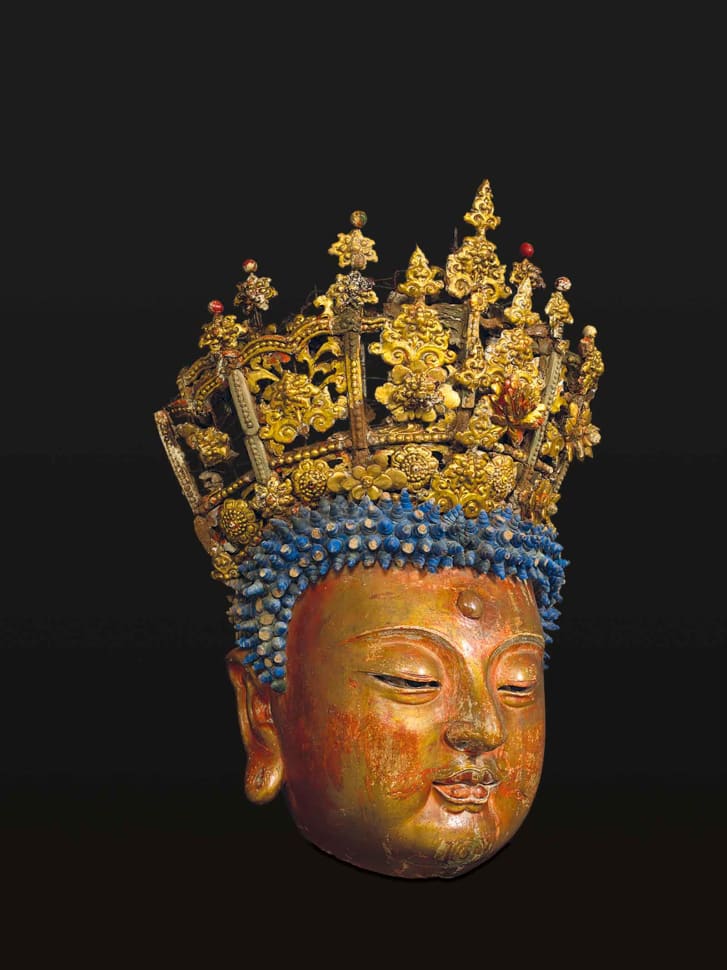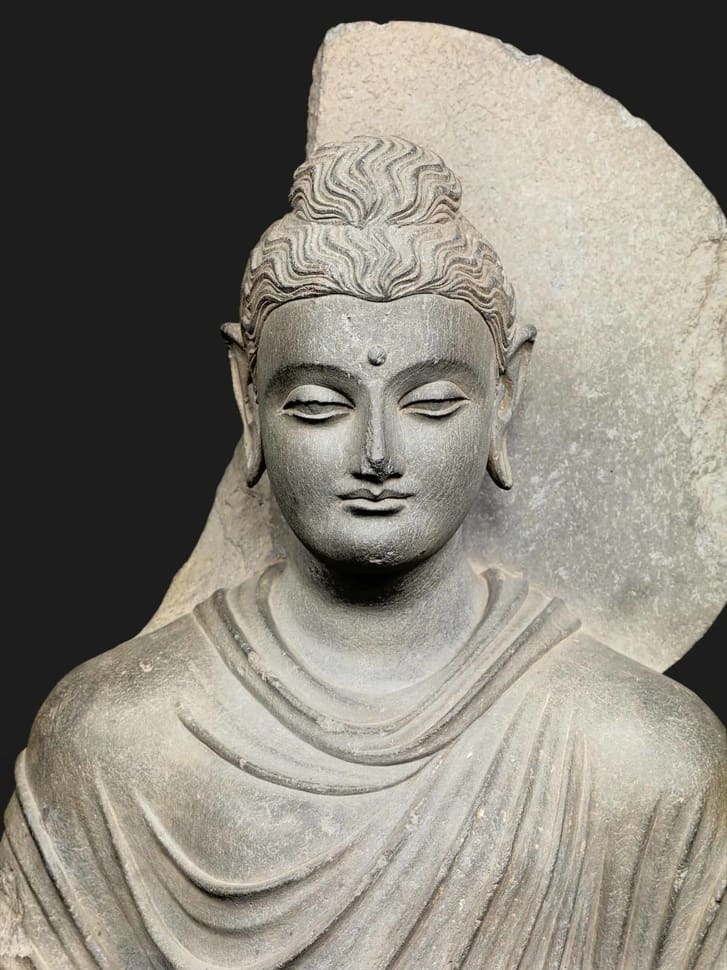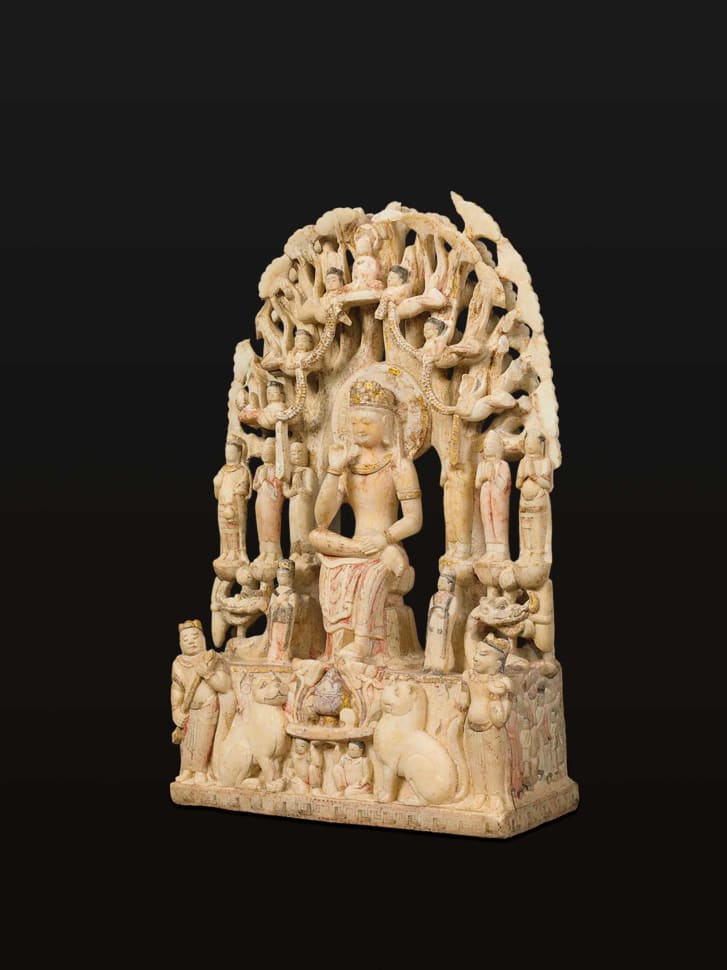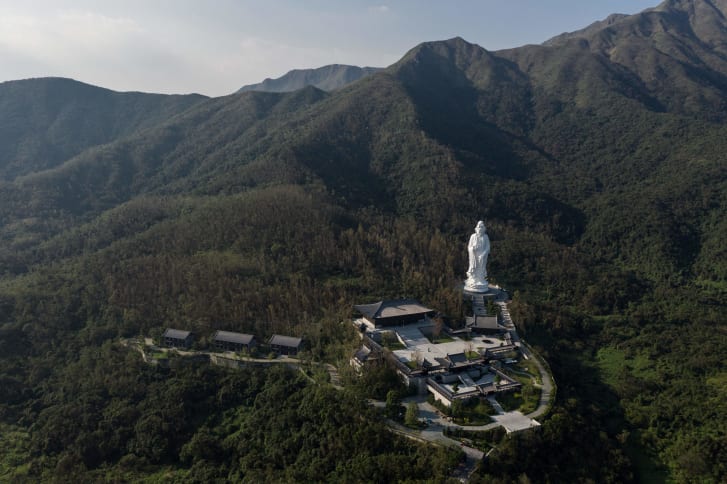Hong Kong’s richest man is opening a multi-million-dollar Buddhist art museum at a monastery in the territory.
Business tycoon Li Ka-shing has a long history of philanthropy, having contributed millions to universities and hospitals in East Asia and North America. He also pledged support for rescue efforts after the 2004 Indian Ocean tsunami and the Sichuan earthquake of 2008.
Now the 90-year-old, whose wealth forbes estimates at $33.4bn, has turned his attention to the arts by opening the museum at the Tsz Shan Monastery.

The museum, which cost around HK$3 billion ($382 million) according to the Li ka shing foundation, sits at the base of an enormous bronze statue of Guanyin, the goddess of mercy, which towers over the monastery, which Li also helped build.
Among other artifacts, it houses 100 Buddha statues, as detailed in a statement issued by CK Hutchison Holdings Ltd, the company that Li chairs.
The museum, which is free to all visitors, will officially open on May 1, but an inaugural ceremony was held last week. Its permanent collection seeks to “tell the story of Buddhism and how it survives its environment as it moved through the course of history,” Li’s company said.

The statement adds that the museum aims to enrich those “who seek transcendence and spiritual realizations with an opportunity to explore beyond the symbolism and the art for the essence of the Buddhism.”
The museum took three years to build and features relics mostly donated by Li or his foundation, which he established in 1980.

Addressing more than 2000 guests at the ceremony, Hong Kong chief executive Carrie Lam said: “Nestled in the grand opus of nature, where tree-lined hills look onto calming seas, the tranquil atmosphere of Tsz Shan Monastery offers the busy world a blissful retreat to put the buzzing world behind and relax its mind.

“The invaluable collection of Buddhist statues, paintings, carvings and sutras housed in the Tsz Shan Monastery Buddhist Art Museum represent not only the enlightened ideals and cultural sphere of Zen Buddhism but will also provide a base for cultural programs and activities,” the politician added.
“The visual and literary culture of the Monastery and its museum will no doubt serve as a quiet space for reflection and the appreciation of Buddhist art for our citizens and visitors.”
















